Our Curriculum
curriculum@loseley
As a staff we have worked to craft our own bespoke broad curriculum designed specifically to be ambitious, covering all the elements of the national curriculum and also extending beyond, spiralling knowledge over time so that children get many opportunities to re-visit and extend learning as they grow and mature. Our curriculum has been designed to enrich language and give children real-life purposeful experiences so that they can make sense of the world around them and make links across each subject discipline. As a result, our curriculum aims to be ambitious enough to stretch our most able learners whilst also rich enough to provide cultural compensation for our most disadvantaged. The high quality of the teaching across the school and our staff’s commitment to the implementation of the curriculum and to their own professional development ensures the success of our curriculum across the school.
We began redesigning our curriculum by looking at the Civitas Core Knowledge Curriculum model. When developing our curriculum, we wanted to ensure that we plan topics which are rich in knowledge and skills which can increase the children’s vocabulary, ensuring that we bridge the gap between the experiences of children from professional parents and those who do not. The Core Knowledge Curriculum was developed in some of the toughest neighbourhoods in America. The project has been proven to ‘boast higher literacy rates, greater pupil and parent engagement and make a significant contribution to closing educational inequality gaps’. The Core Knowledge Curriculum was inspired by E.D. Hirsch, who questioned curriculums which focus on skilled based learning in lieu of knowledge. ‘Knowledge does not get in the way of reasoning: it’s what we reason with’.
The SLT began by mapping out the History and Geography units as the main drivers for the majority of our topics, then allocating the Science, Art & Design and RE units (RE from the Surrey Agreed Syllabus) and assigned broad topic titles to encourage creativity and links across subjects. We then worked with subject leaders and teachers to develop the units in more detail, making links within and across year groups and bringing the curriculum to life. Action plans were written by Curriculum Teams and Leaders, and we have been evaluating as we go. We have also forged links with a number of outside agencies and partners, including Guildford Grammar School, the Historical Association and Godalming Museum, in order to improve our subject knowledge and understanding of some of the more complex topics that we now teach.
Since we started on this journey of curriculum development, we have refined and adapted our original model in a number of ways. We have developed spiral diagrams linking key themes in history, geography and science; introduced more concise half termly curriculum overviews; developed medium term planning formats that make prior and future learning explicit so that teachers know where each unit fits into the curriculum sequence; developed enquiry based MTPs in history, geography and science; introduced regular reinforcement of vocabulary through lesson starters and other retrieval practice activities; set up a comprehensive programme of CPD to develop staff subject knowledge; and regular curriculum review meetings to focus on next steps.


